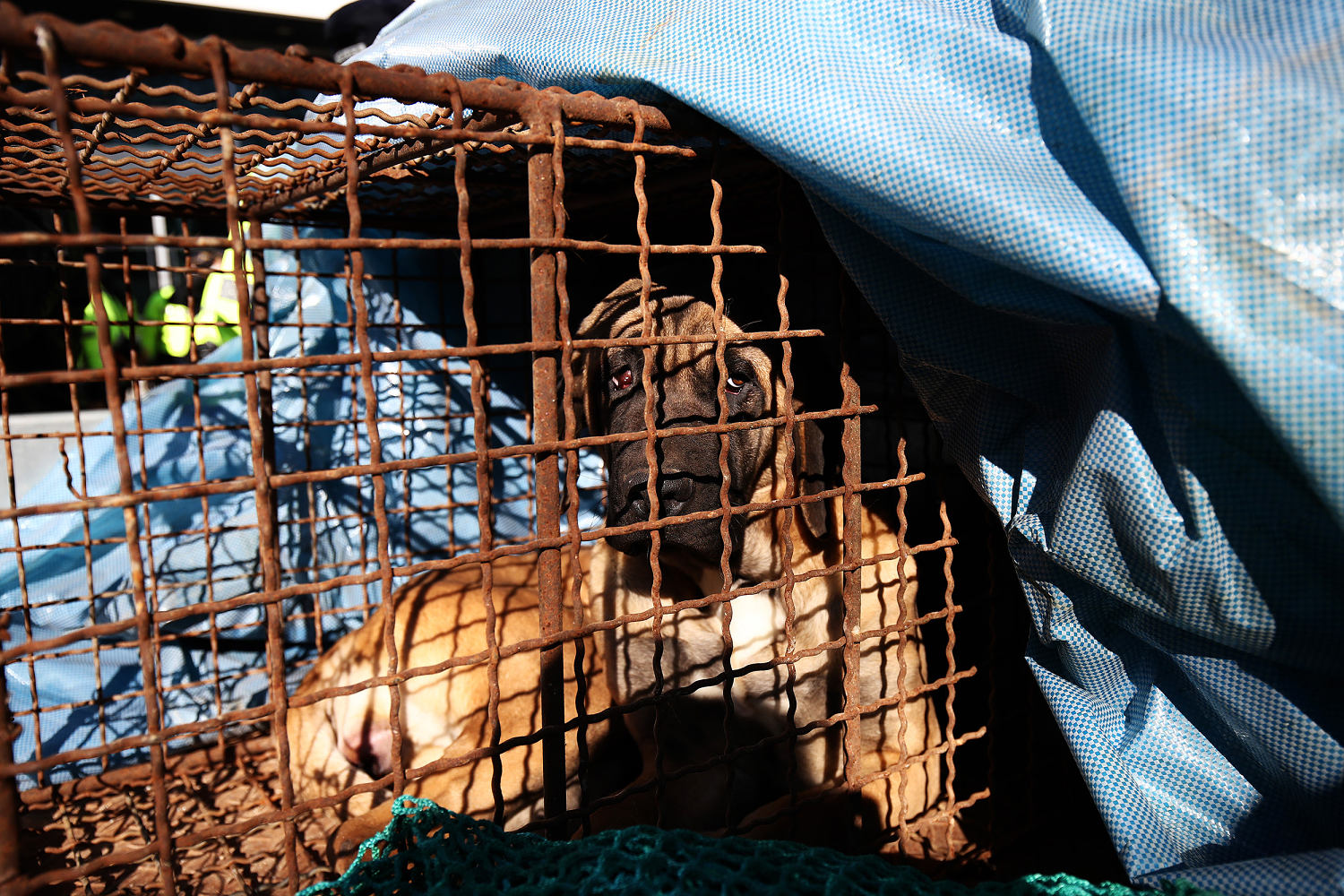Share this @internewscast.com

As South Korea has developed dogs have surged in popularity as pets, with an estimated 6 million in Korean homes, Humane Society International Korea says. South Koreans often treat their pets as cherished family members, sometimes giving them burials as elaborate as those for humans.
South Korean President Yoon Suk Yeol has six dogs and eight cats with his wife, Kim Keon Hee, a vocal supporter of the ban.
Eighty-six percent of South Koreans say they have little or no intention of consuming dog meat in the future, according to the results of a survey released in September that was conducted by Nielsen Korea and commissioned by Humane Society International Korea. In the same survey, 57 percent of respondents said they would support a ban on the dog meat industry.
The ban had been opposed by farmers, restaurant owners and others involved in the dog meat industry who said they would be harmed economically. In November, about 200 held a rally against the legislation during which some protesters clashed with Seoul police.
“South Korea is rapidly moving towards a society focusing on the welfare of animals and the time is now for the South Korean government to act to resolve the problems of canine consumption,” South Korean Agriculture Minister Song Mi-ryung said.
“We plan to continue to communicate with the animal protection advocate groups and the canine consumption business community to devise ways to provide a reasonable and rational compensation,” she added.
Violations of the legislation, which takes effect three years from now, are punishable by up to three years in prison or 30 million won ($22,800) in fines.
South Korea joins a growing list of Asian countries and territories that have banned the dog meat trade, including India, Singapore, Thailand, the Philippines, Hong Kong and Taiwan.















